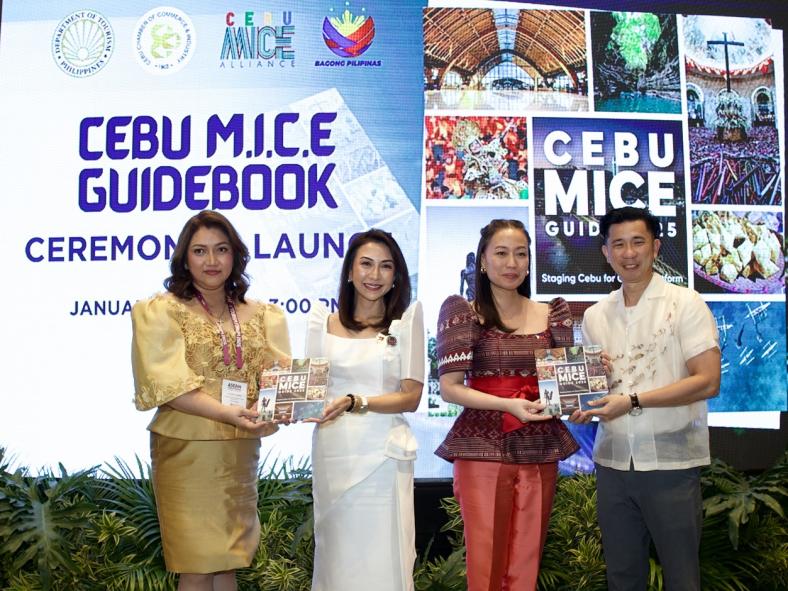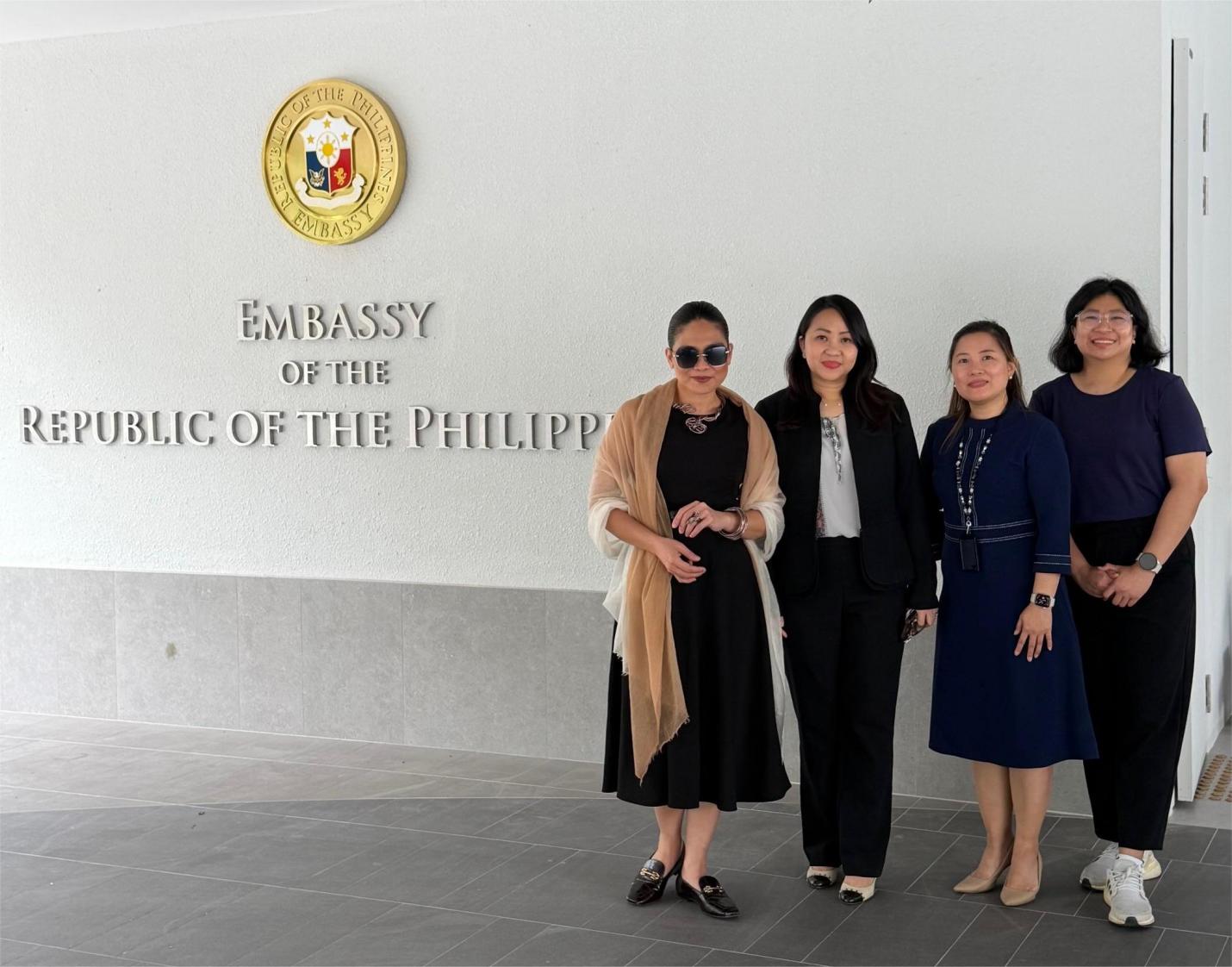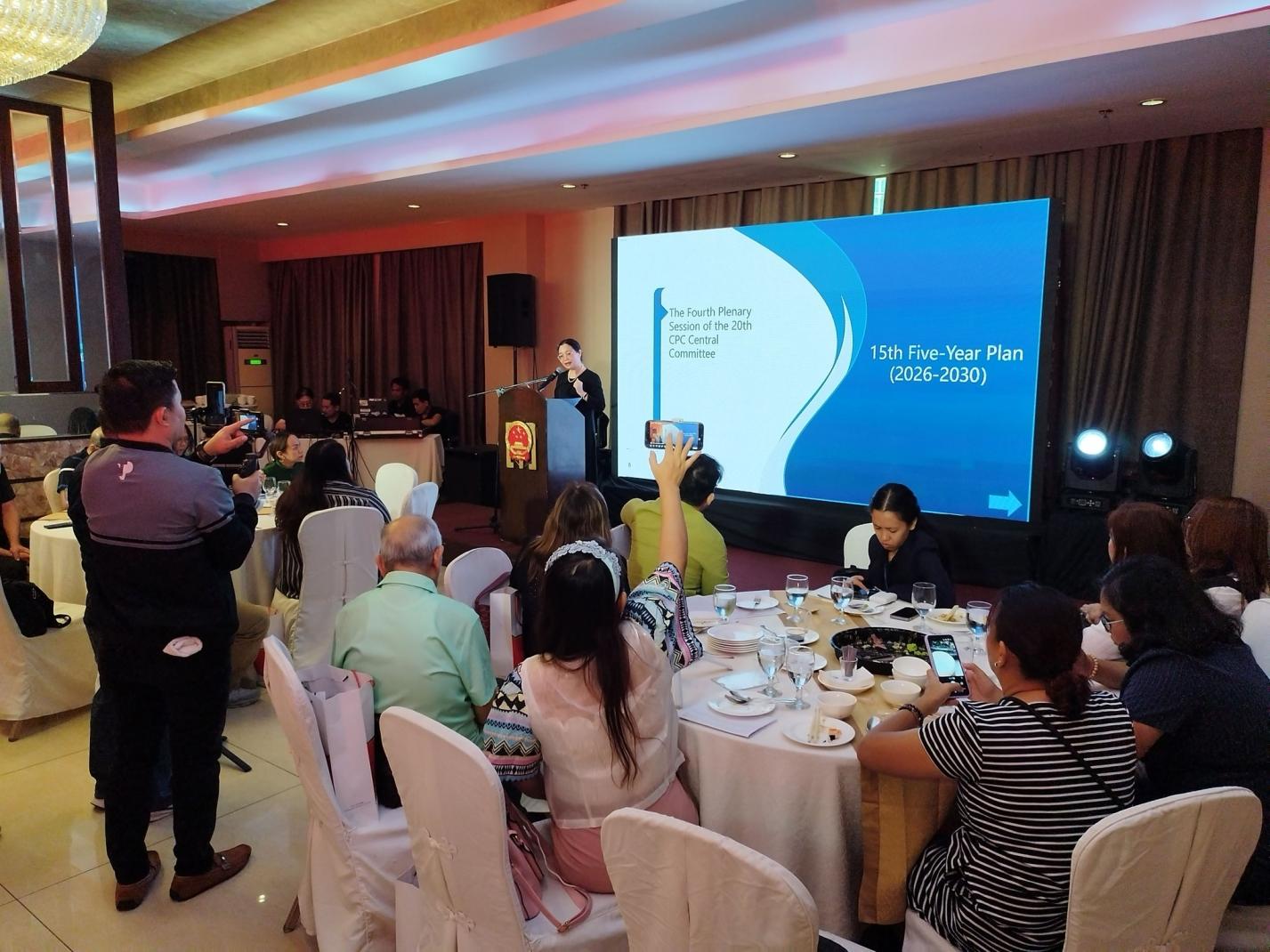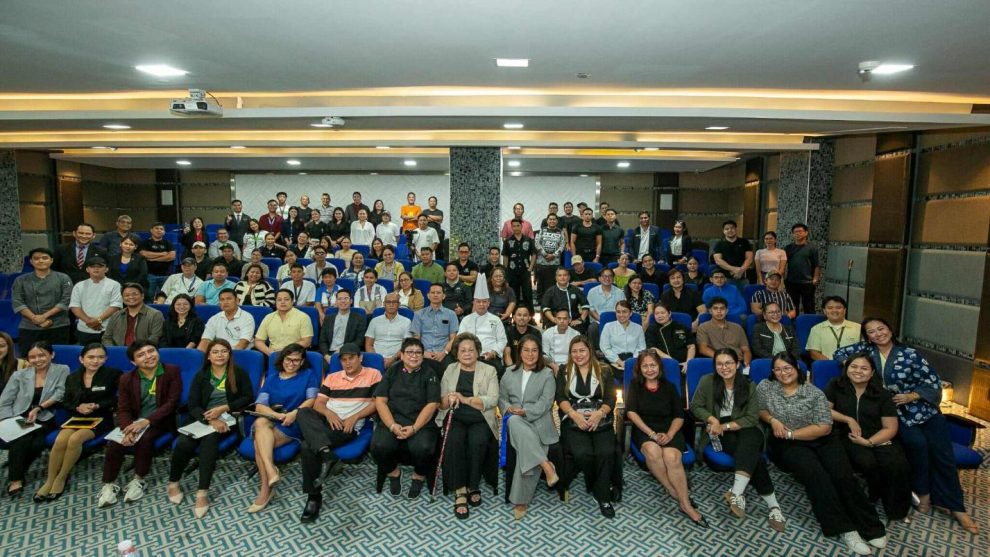Filipino cuisine will take center stage at Cebu Goes Culinary 2025: Balik Isla – Foraging in the Philippine Countryside, the region’s premier culinary competition happening on September 26–27 at the Sky Hall, SM Seaside City Cebu.
Organized by the Hotel Resort & Restaurant Association of Cebu, Inc. (HRRACI) in partnership with the National Food Showdown, this year’s edition underscores a growing advocacy: to elevate Filipino and Cebuano cuisine and to help position Cebu as both a culinary and tourism destination.

“Our goal is to elevate our Filipino cuisine,” said Ms. Julita Urbina, founder of Laguna Group of Companies and chairperson of Cebu Goes Culinary 2025. “Of course, we also highlight Cebuano cuisine and our products to help the whole industry.”
From International to Local Pride
This year’s theme, Balik Isla, is rooted in a deeper reflection on how Filipinos view their own food. Chef Myrna Segismundo, Founder of National Food Showdown, recalled the turning point when Filipino categories were first introduced in an international culinary competition.
“We were a product of Chefs on Parade and other contests that focused on international cuisine. But when we were asked to join a Filipino category, we didn’t know what direction to take,” she explained. “At that time, people looked down on our food. Not that we hated it, but we were not proud of it.”
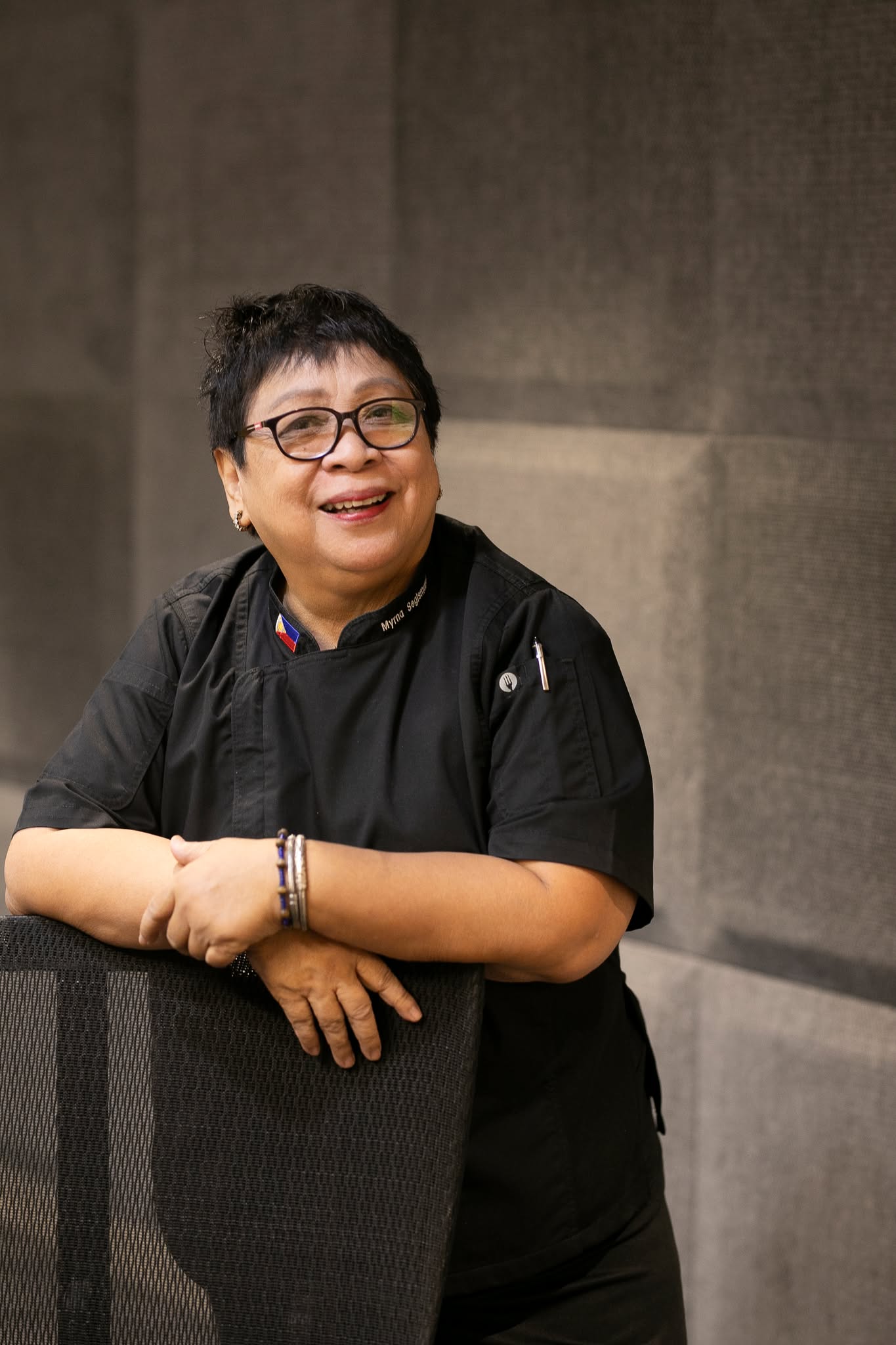
She added that this lack of pride stemmed from uneven standards, a weak sense of place, and limited awareness. “Do we really know sutukil beyond eating it in a carenderia? To actually raise it, we don’t know. That challenge encouraged me to research our own food.”
Raising Awareness, Building Standards
For HRRACI and the chefs leading the competition, Cebu Goes Culinary is more than a showcase of talent—it’s an exercise in preserving food heritage.
This event is a way to start taking a serious look at the state of Filipino culinary culture, Chef Myrna said.
The challenge lies in the lack of best practices, she added. While international dishes like roast beef come with established standards, Filipino staples such as adobo are often overlooked in professional kitchens, sometimes relegated to “employee meals.”
“The problem is, people don’t know what’s good,” Ms. Urbina said. “That’s what we want to change.”

Culinary and Tourism Destination
Through Cebu Goes Culinary 2025, organizers hope to inspire chefs, students, and food professionals to embrace Filipino heritage cuisine while innovating for the future.
“We want to elevate our cuisine, our heritage, and our traditions so that people will come here as a destination,” Ms. Urbina said.
With Cebu’s rich culinary identity and growing reputation as a hub for both gastronomy and tourism, this year’s competition aims to ensure that Filipino food is not just celebrated locally but also recognized globally.



